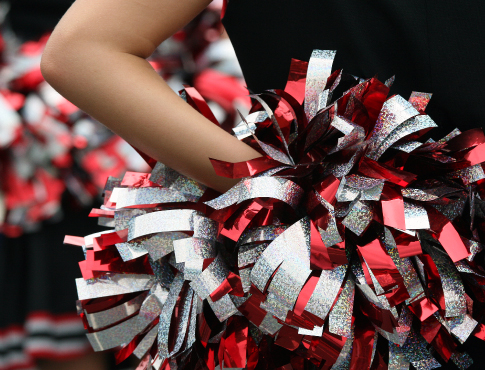Check Fraud 101: How to Spot and Avoid Fake Checks
Receiving a surprise check in the mail can feel exciting — but before you rush to deposit it, take a closer look. Fake check scams are one of the most common forms of financial fraud today. Scammers use realistic-looking checks and convincing stories to trick people into sending them real money.
Here’s what you need to know to protect yourself from check fraud and keep your hard-earned money safe.
1. Fake checks can look very real
With today’s advanced printing technology, scammers can easily create counterfeit checks that look legitimate — complete with business logos, watermarks, and even authentic account information.
Some fake checks are designed to look like:
-
Cashier’s checks
-
Money orders
-
Business or payroll checks
-
Rebates or prize winnings
Even if it looks official, don’t assume it’s real. When in doubt, check with your bank before making a deposit.
2. Real prizes don’t require you to send money
If someone claims you’ve won a prize or received an offer that sounds too good to be true — but asks you to pay “fees” or send money back — that’s a major red flag.
✅ Legitimate sweepstakes, refunds, or offers won’t ask you to return part of the money.
🚫 Scammers count on victims wiring funds or buying gift cards before their fake check bounces.
Remember: If you have to pay to get a prize, it’s not a prize.
3. “Cleared” doesn’t always mean “real”
Even if your bank temporarily clears a check, it doesn’t mean it’s legitimate. It can take days or even weeks for a counterfeit check to be discovered.
If a check feels suspicious, talk to your banker before you deposit it. Share details like:
-
Who sent it and why
-
How you received it (mail, email, text, etc.)
-
Whether you’ve been asked to send money back
Your banker can help you verify the check and avoid potential losses.
4. Report suspicious checks right away
If you suspect check fraud, contact your financial institution immediately.
Flatwater Bank’s team is trained to recognize fraudulent activity and will help you confirm whether a check is legitimate — and guide you on what to do next.
By reporting scams early, you can help protect yourself and others in your community from falling victim.
Stay safe from check scams
Check scams are constantly evolving, but awareness is your best defense. Before you deposit any unexpected or “too good to be true” check, stop and talk to your banker.



